‘I’ve lived a full life!’: the army pharmacist using clinical skills in war zones
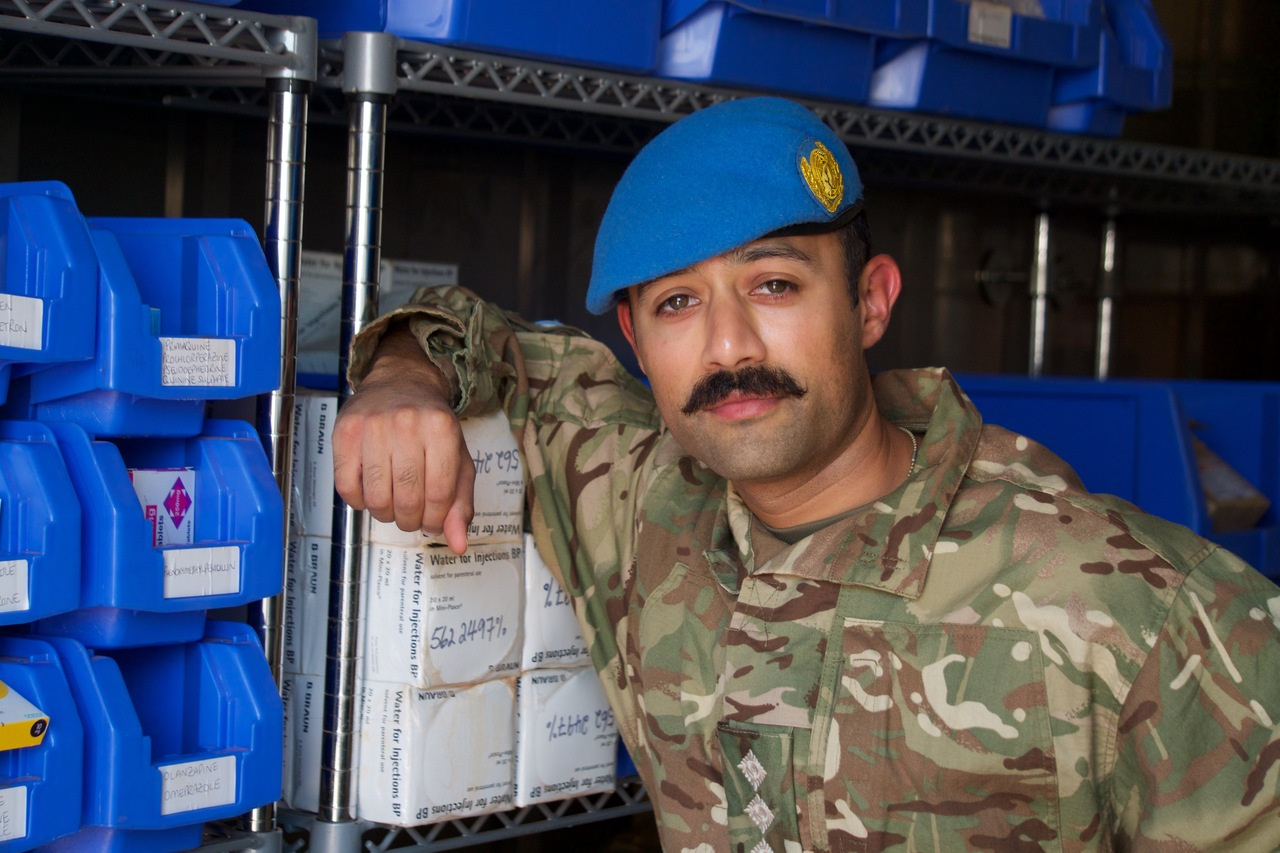
Joining the army was “never” on his mind when Anuj Sunder started his career in pharmacy. After growing up in the Midlands, he stayed local to study the MPharm at Aston University before completing his pre-reg year in hospital.
But after he saw his friend “turn his life around completely” when he joined the army and became a paratrooper, Sunder was “massively inspired” and thought “if he can do it, maybe I could”.
Read more: ‘It was amazing!’: Olympics lead pharmacist on dispensing to the world’s best athletes
His newfound independence after leaving home in the Midlands for Stevenage spurred him to “bite the bullet” and join the army reserves, even though at first he couldn’t see how his pharmacy skills could be used specifically on the battlefield with other medics.
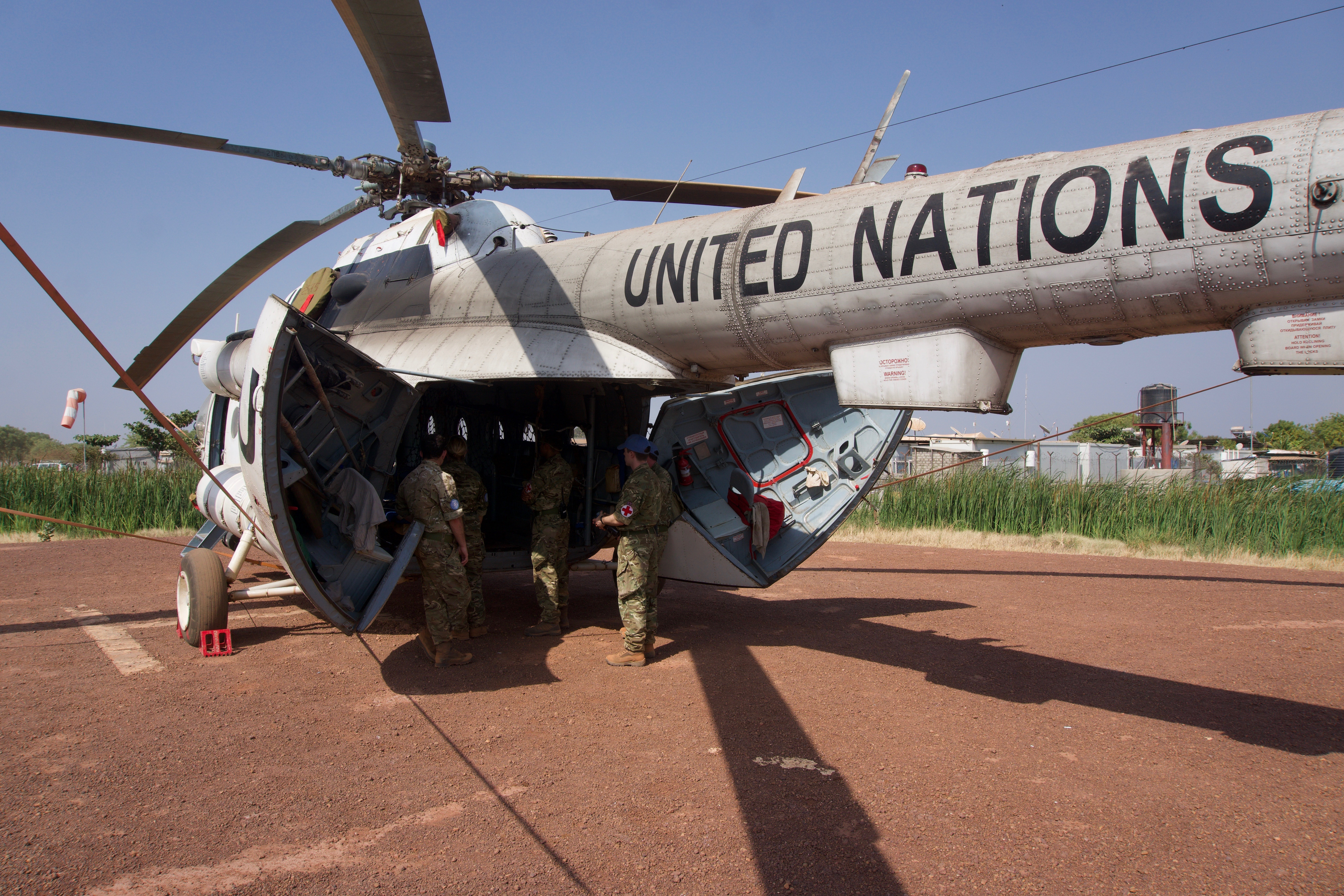
He initially joined a medical regiment in 2012 and trained as an officer with the reserves, deciding not to join the regular army where you had to serve for a set number of years.
With the reserves, his commitment was less than 30 paid days a year, which felt “reasonable” for Sunder’s ambitions while continuing to work in the NHS. And it still offered opportunities to work on international operations, and he tells C+D the whole experience has been “awesome ever since”.
Sunder’s time with the reserves started with a “gruelling” two-week camp where he learnt “all the basic soldiering”.
“I remember being out for three days and it was minus seven, so it really tests your ability and resilience. You’re with lots of other medical professionals so there’s a lot of camaraderie and you become lifelong friends because you’ve been through those difficult two weeks together.”
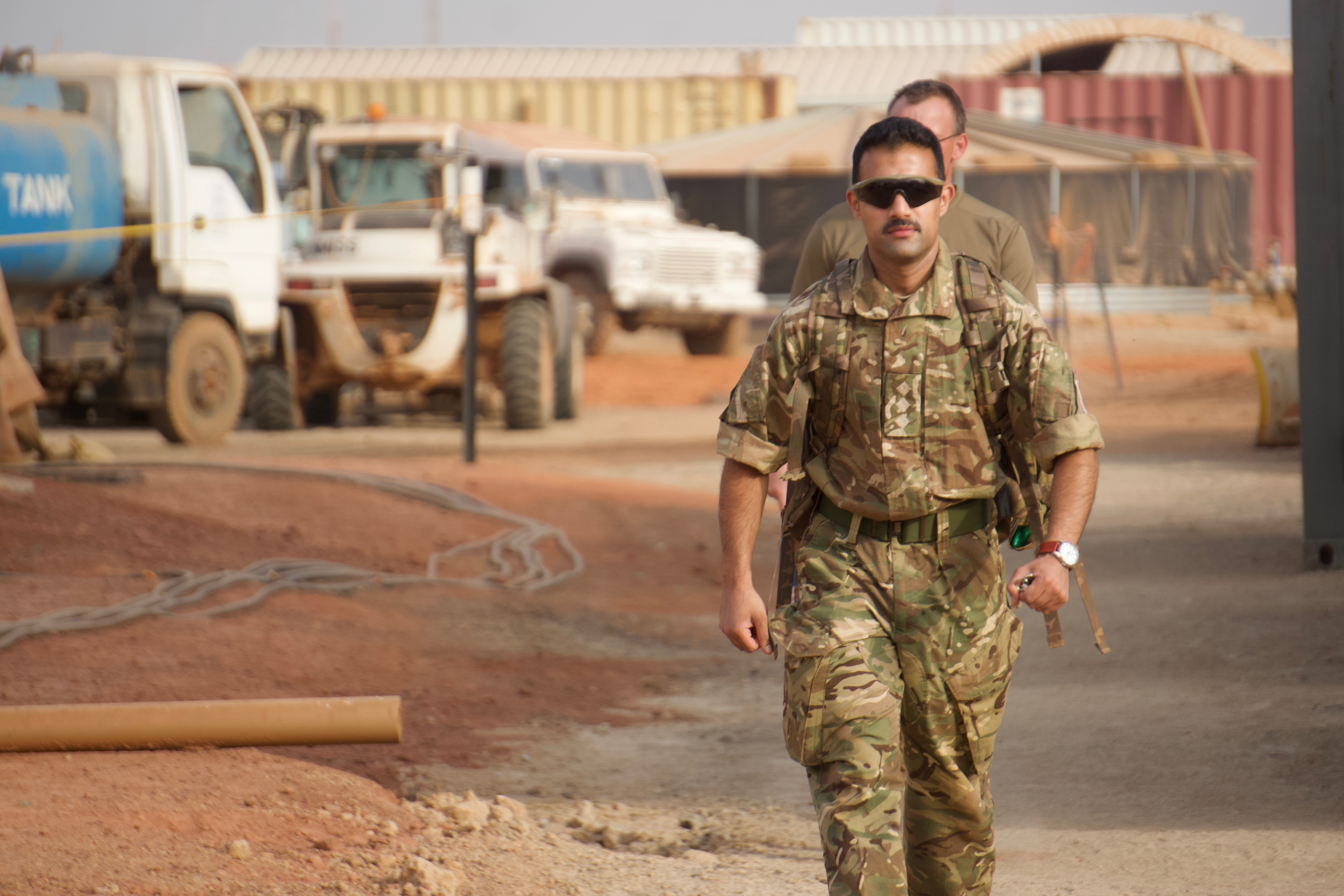
The training revolved around developing leadership skills, understanding operational situations, and simulating casualty and battle drills.
Using his pharmacist skills, he also completed exercises in deployed hospital settings (where an A&E, ITU, X-ray and other departments are set up in order to deal with any medical issues in a conflict zone) to “validate the pharmacy and medicine management section” of that hospital.
Read more: Life on ‘White Mars’: Is there pharmacy in Antarctica?
“You have to think using your NHS skills how can we do X, Y and Z keeping standards really high. As a reservist, that’s a benefit because we’re bringing our skills from the NHS to the deployed environment.”
He’s also travelled to the US to work with engineers in the National Guard for similar exercises, as well as doing them on home soil too.
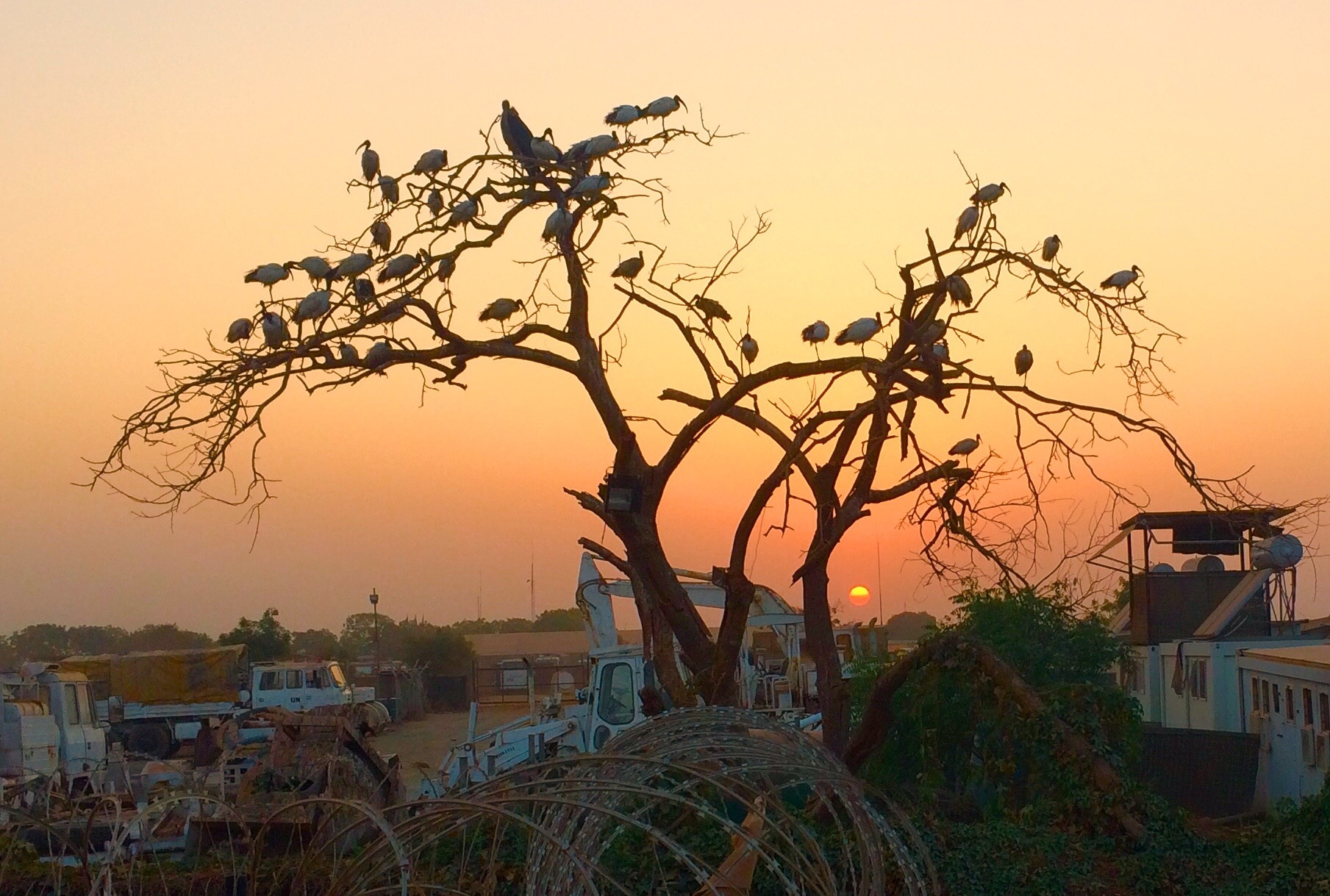
Snake bites
One of Sunder’s most intriguing experiences saw him go on UN mission in South Sudan in 2018 to work with UN peacekeepers and Indian and Mongolian army officers dealing with unrest in the country.
“It was quite an intense environment. You’re in 45 degrees heat and you work together, go to the gym together, eat together – you can’t away from each other, so it’s a different environment and some people can feel pressure from that.”
Read more: Astropharmacy: taking medication into space is not as simple as it seems
Alongside a pharmacy technician he looked after the “medicines management of that deployed hospital". He also worked alongside the wider team of surgeons, doctors and nurses on this four-month experience.
One of the big challenges of doing pharmacy in a conflict zone is “getting things into the country. There’s lots of hurdles to get medicines, then from the capital it’ll be in a holding area ready to go to the next place by helicopter, then travel by road. The places we’re situated are in the middle of nowhere and there’s not the infrastructure for quick delivery times, so procurement is an issue.”
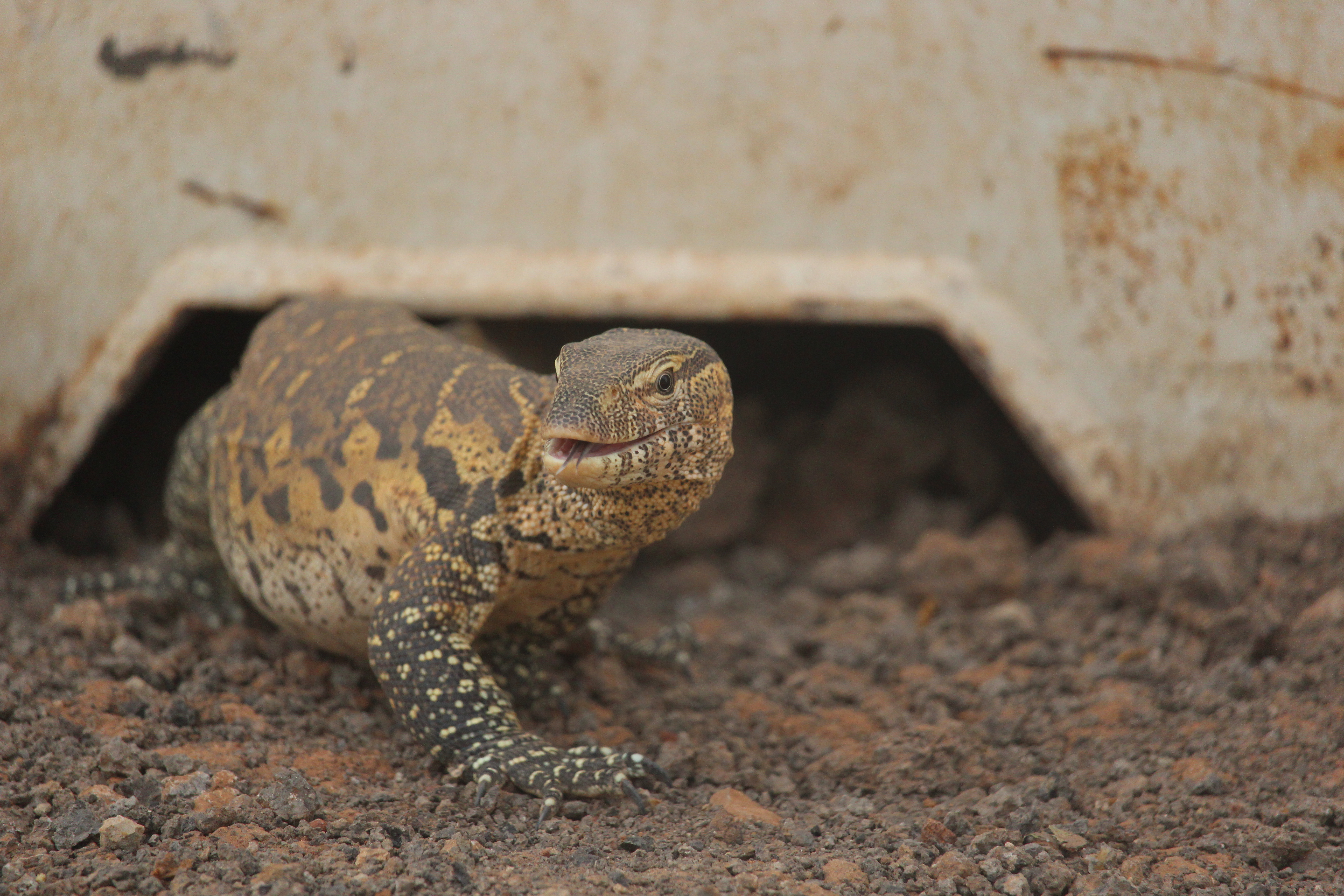
He had to prepare for some extreme circumstances uncommonly seen in his NHS work, such as making sure they have additional medication to deal with things like a snake bite and using an anti-venom.
“Every team has to plan for their worst case scenarios, so it’s part of the medicines management planning." He said you need to be able to think on your feet because “you’re in a climate which doesn’t want you to be there” as in South Sudan, he really missed just being on tarmac.
Read more: McPharmacist: From the MPharm to ‘Hamburgerology’
“Everything was dust so you get out of the shower and you’re just covered in dust again. There’s lots of other challenges you have to overcome, be mentally resilient with and just dig in and crack on. When it did rain, all the dust turns to mud so it’s a very different climate, dealing with really deep mud.”
Sunder says these experiences has made him “more resilient” and by taking on challenges and solving problems, it has helped his confidence grow.
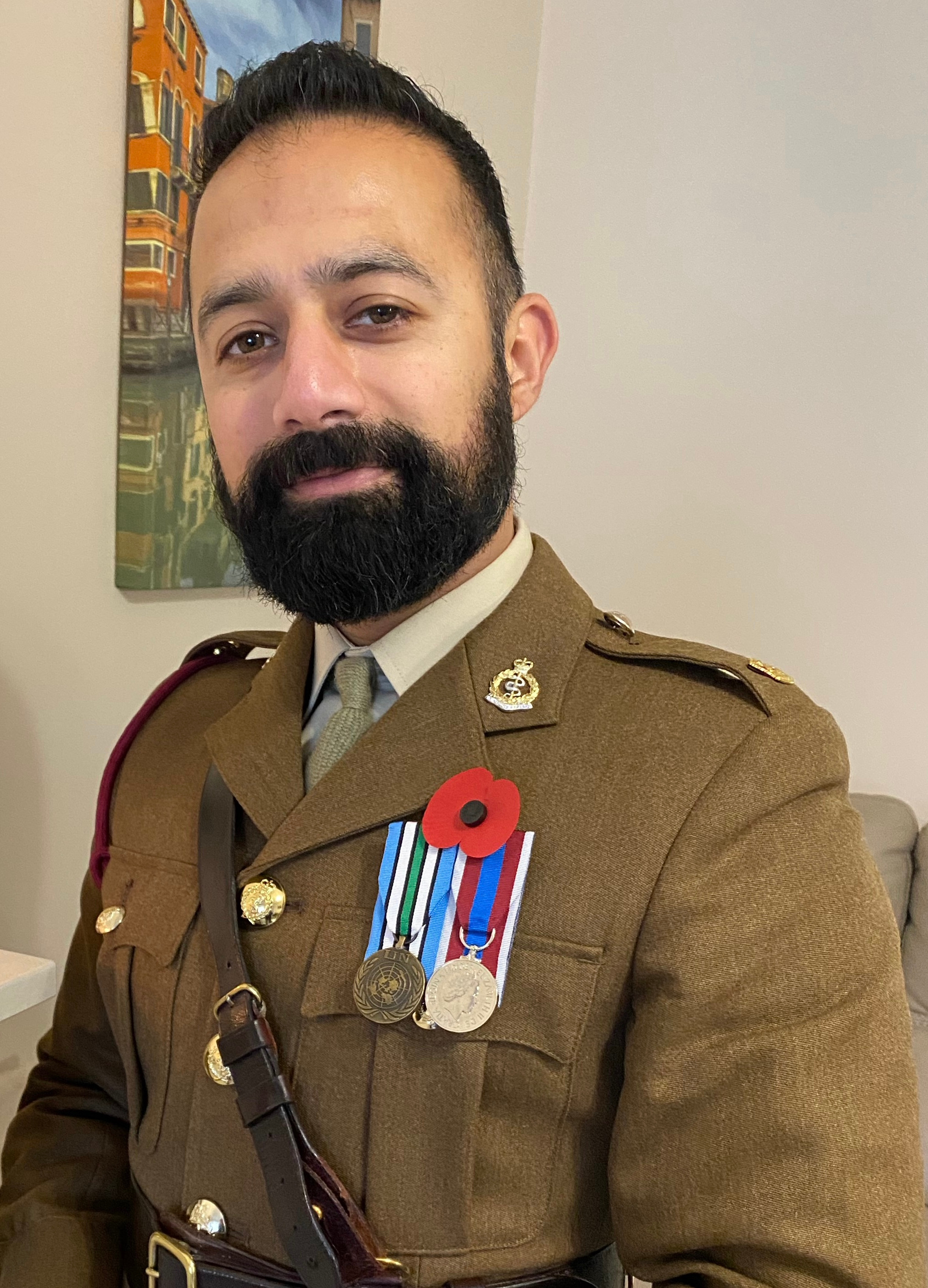
And he says the opportunities in the army reserves to take part in adventurous training is “really rewarding” too, as he’s got qualifications in skiing, mountain biking, canoeing and climbing after training in France and the Dolomites.
Now, as a Major in the Royal Army Medical Services and part of the medical operational support unit in York, he says the army is looking for more pharmacy technicians as well as maintaining its current numbers of pharmacists.
But working in South Sudan was a career highlight for Sunder where he could bring all of his pharmacy and army experiences together.
“I was awarded a UN peacekeeping medal for that which is something to be proud of. It’s made me realise that this young man from Wolverhampton who did pharmacy has been capable of doing so much. You’ve got all these stories to tell and you’ve lived a full life.”


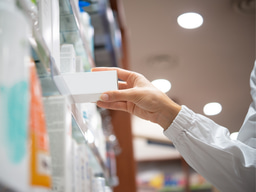
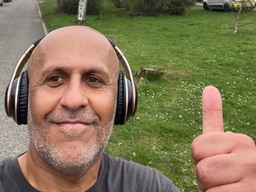
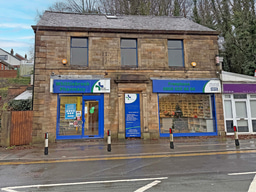
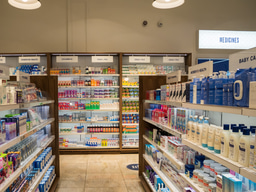
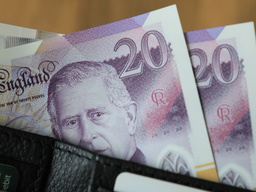
Please sign in
If you are a registered user on C+D Community, please sign in